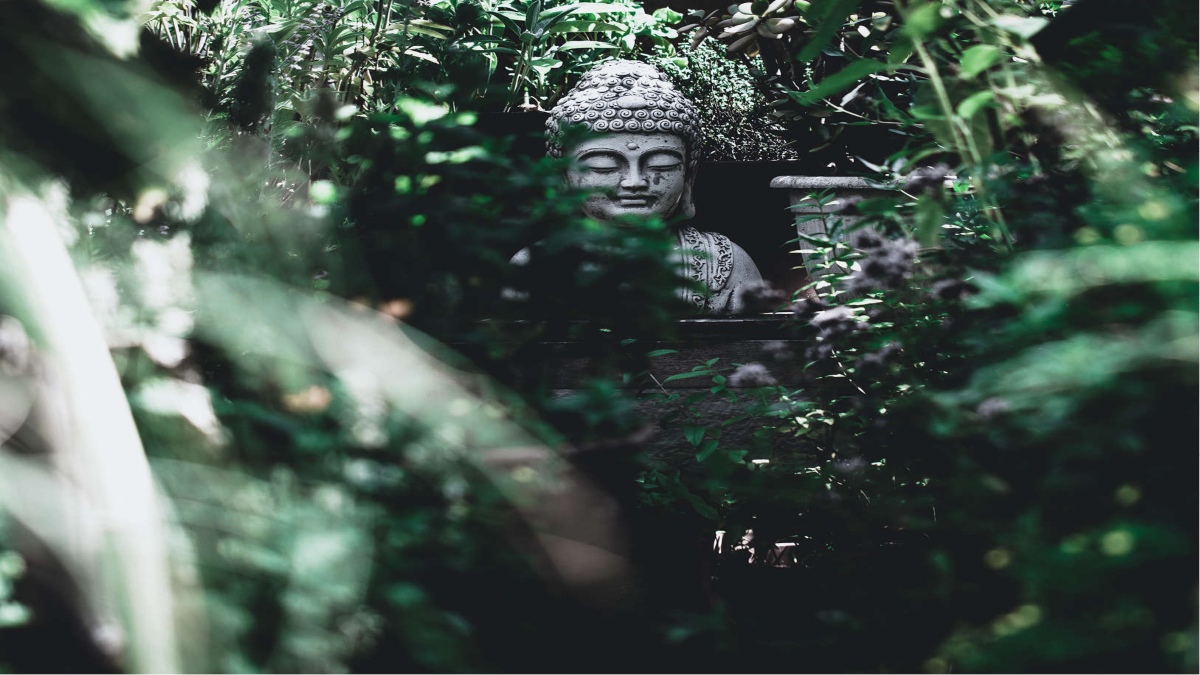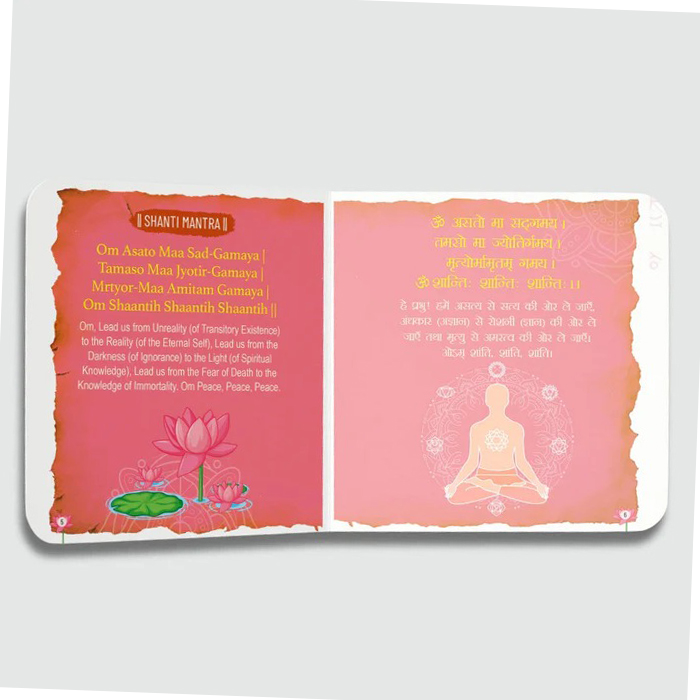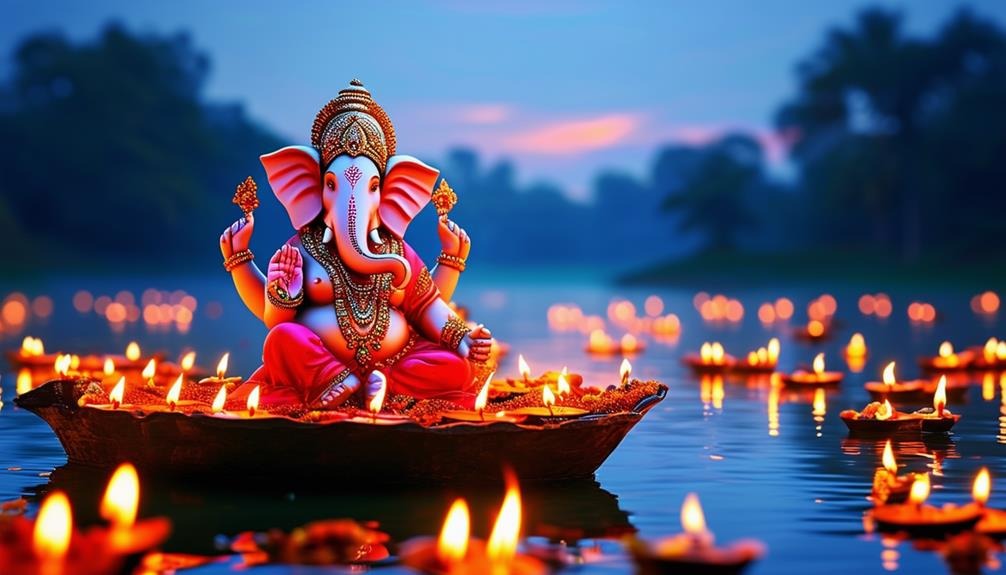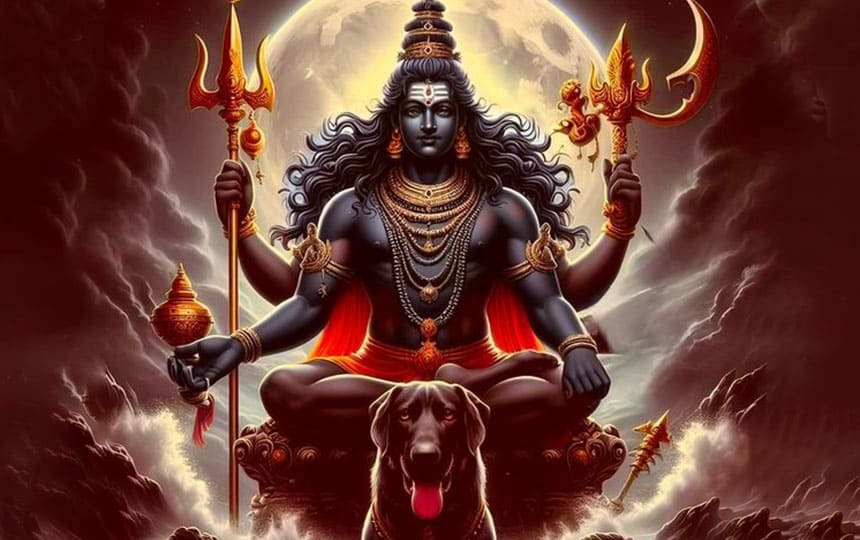Life is not logical. The mind is logical. The mind is a great logician. It fragments existence. Death is not the opposite of life, but life and death are two points of the same thing: existence. If death is not there, life would not be there. Life happens on the canvas of death. You are born out of death and your life is because of death.
To live, you have to be. You don’t have to think to live. Thought blurs your vision and you are not able to see the truth. This is the difference between Eastern and Western cultural thoughts. An exception is Socrates, who said that knowledge is virtue. Socrates meant that knowledge is knowledge when it changes you and transforms you. The thought of knowledge will never make the knower virtuous. But knowledge becomes virtuous when the knower has known the truth as the truth, and not something about the truth. The relationship between the known and the knower becomes knowledge. It happens in that moment when thought, thinking and the thinker disappear.
In Eastern cultures, such as in India, thinking, thought and the thinker are never important. They are chaos. In Western cultures, thinking, thought and the thinker are given the utmost importance and that is what they call ‘philosophy’. In Eastern cultures, knowledge is on the periphery, becoming the known when that which is to be known and the one who is the knower come together.
Western philosophy is like a blind man thinking about light and enlightenment. They are thoughts of light which are not the truth but thoughts about the truth. Eastern cultures are exactly the opposite. Eastern cultures do not believe in thinking. They say that if one has eyes, there is no need to think, but one can see and know the truth. Thinking is when you don’t have eyes and you think to fill the gap between the knower and the known. Eastern cultures have seers and not philosophers. Indians call it ‘darshan’ (seeing). Buddha is the one who saw the truth with naked eyes.
The East says that to see the truth you don’t have to think. Thinking is of the past, and in thinking you summon all your memories and then you repeat all that you have known like a parrot. The East says to know the known happens to the knower in the moment without thinking. When you know that which is to be known, you know it by seeing it, not by thinking about it. Buddha says you can see “that which is” by seeing and by being in seeing. So, Buddha lays emphasis on being and asks us to ‘just be’.
But we go blurring our consciousness. Thinkers think logically, unlike Buddha. Buddha never thinks, but Buddha is the one who has known the truth through an existential experience and by being in the experience. But Plato, Kant or Marx have collected lots of information and woven them into doctrines. Marx has given doctrines on communism by thinking and writing about it, without having practical experience of a commune or without building it by himself or being in it. Das Capital comprises the thoughts of Marx. In comparison with that, 2500 years ago, Buddha built the commune, not just by thinking about it, but by being the commune himself. Buddha would sit together with 10,000 bhikkus in the commune. That finds no parallels in mankind’s history in terms of compassion, equality and egalitarianism. If one looks at Marx, one would say that Marx is propagating the truth, that which he understands as truth. But Buddha is one with “that which is”. Buddha exists as the truth. Marx’s ideas are just poor thoughts about his own truth and not ‘the truth’.
Western philosophies are thus thoughts of purported truths, thought by philosophers who thought very logically and drew logical conclusions without attaining the truth. Meanwhile, the Eastern ‘darshan’ is by ones who attained the truth and who have become one with the truth by being the truth. There is a difference between thoughts about truth and the truth. Buddha experiences the truth and then he makes it known, but Marx says it without experiencing it.
The similarity between Marx and Buddha is that once the truth has been spoken in language as the truth, it ought to become a lie to the one who listens to it because words alone may not make one experience what Buddha experienced.
Therefore, to the human mind, what was said by Aristotle, Plato and Kant or Buddha, Mahavira and Krishna are thoughts of knowledge—regardless of whether someone has said that by experiencing the realisation or just by thinking about thoughts. A scholar may study about Buddha or Plato to gather great knowledge without attaining godhood or Buddhahood, because that knowledge about Buddha or what Immanuel Kant said about knowledge would be just the same.
You see preachers. They gather knowledge of holy books. Or pandits, maulvis and pastors, they become known to knowledge without knowing what is being said. What Jesus has said about being in godhood and his directions are heard every day. A preacher can recite exactly what is written in the Bible or the Koran or the Gita without being changed by what has been said. Therefore, knowing about something and knowing are two different things altogether. That is the basic difference between Western and Eastern thinking.
The human mind keeps on thinking and all thinking is the philosophy of the future. To think of the future is needed, and for the future to be time is needed, but knowing is here and now, and timeless. Thinking is important for human beings. Thinking has bred comprehension that has made humans access faster travel in cars, trains and planes and lit up dark nights into days which have birthed all the sciences that may comprehend the earth, universe and everything. But humans still cannot comprehend existential problems like being born, life and death.
All that the mind thinks about is borrowed knowledge. When one dies, that borrowed knowledge, in fact, dies. Buddha knows life and death are one. Therefore, be there whenever you face any unknown situation, be there and don’t move in your thoughts. As Buddha says, just be. Because by being in your own truth and in your own being, by being in your own presence, you will be.
The author is a spiritual coach and an independent advisor on policy, governance and leadership. He can be contacted at arunavlokitta@gmail.com












